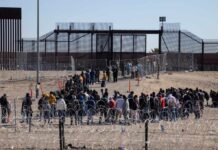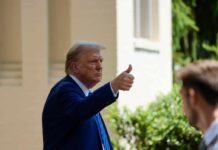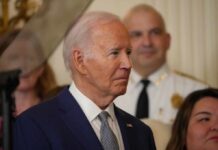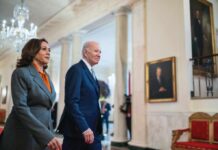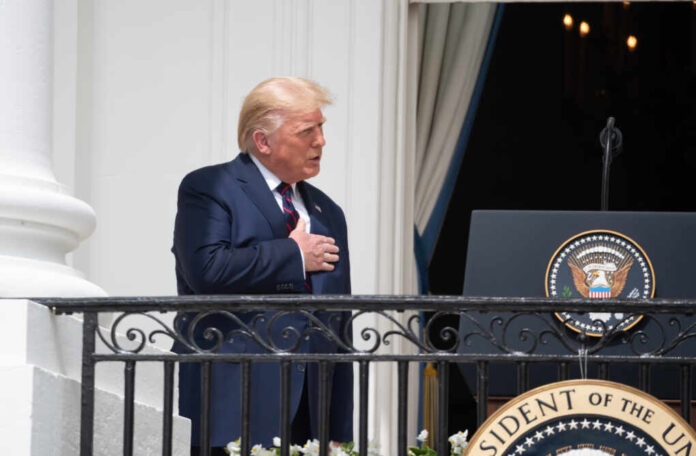
The Supreme Court’s recent decision affirming that former President Donald Trump is immune from prosecution for official acts has ignited significant legal and political controversy. This landmark ruling, stemming from Trump’s appeal against charges related to the January 6, 2021, events, has profound implications for presidential accountability.
Trump argued that his presidential actions are protected by absolute immunity, seeking to dismiss the four felony counts brought by special counsel Jack Smith. The Supreme Court’s 6-3 decision upheld this claim, with Chief Justice John Roberts writing that the Constitution provides a former president with immunity for actions within their official capacity. Roberts noted that lower courts should decide which acts qualify as official.
The ruling delineated clear instances of official actions, such as Trump’s discussions with the Acting Attorney General, which are immune from prosecution. However, Roberts acknowledged that other interactions, including those with state officials and private entities, present more nuanced issues.
Roberts also pointed out that Trump’s assertion of broad immunity exceeds what the court has recognized. Trump’s argument that impeachment and Senate conviction must precede any criminal prosecution was deemed unsupported by constitutional text.
This ruling has stalled Trump’s trial, which was initially set for March, making it unlikely to occur before the next election. Judge Tanya Chutkan had previously paused the trial during the Supreme Court’s review. The D.C. Circuit Court of Appeals and Chutkan had earlier rejected Trump’s immunity claims.
Justice Sonia Sotomayor’s dissent criticized the majority’s decision, arguing it effectively elevates the president above the law. She warned that this ruling permits presidents to abuse their office without fear of legal repercussions, fundamentally altering the balance of power.
The Supreme Court’s decision also affected a related case involving January 6 defendant Joseph Fischer. The court ruled that the DOJ had misapplied an obstruction statute, potentially impacting Trump’s charges under the same statute.
In a separate ruling, the Supreme Court decided that states cannot exclude Trump from the 2024 ballot, further influencing his legal situation. Trump’s Georgia case is paused as defendants seek to disqualify the Fulton County District Attorney, and his Florida trial on classified documents has been postponed indefinitely.
The legal landscape surrounding Trump is complex, with his attorneys challenging the constitutionality of the FBI’s Mar-a-Lago raid. In contrast, President Joe Biden faced no charges for similar possession of classified documents, with special counsel Robert Hur concluding a conviction was unlikely.







